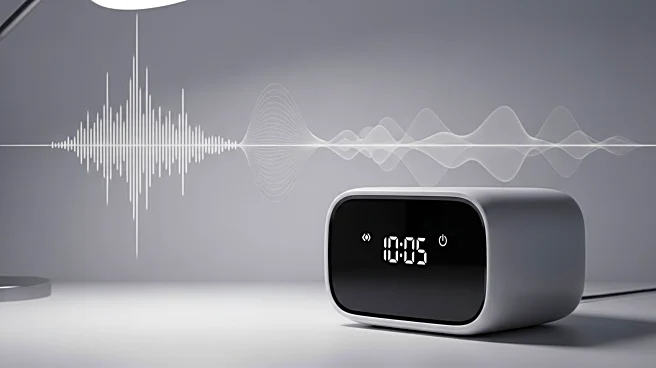What is the story about?
What's Happening?
Bose has announced that it will discontinue support for the smart features of its SoundTouch Smart WiFi speakers, effective February 18, 2026. Introduced in 2013, these speakers allowed users to connect to online streaming services and play audio across multiple speakers using a mobile app. The discontinuation means that users will no longer be able to use these features, and the speakers will only function via Bluetooth or physical connectors such as audio jacks or HDMI ports. This decision has sparked discussions among users and hardware hackers, who have previously explored ways to access the Linux OS powering the SoundTouch system.
Why It's Important?
The removal of smart features from Bose SoundTouch speakers highlights the vulnerability of consumers relying on technology that can be altered or discontinued by manufacturers. This decision impacts users who have invested in Bose's ecosystem for its streaming capabilities, potentially leading to dissatisfaction and a search for alternative solutions. Additionally, it underscores the broader issue of technology obsolescence, where devices can lose functionality due to changes in software support. This situation may encourage users to explore hardware hacking as a means to extend the life of their devices.
What's Next?
As Bose phases out support for SoundTouch speakers, users may need to adapt by using alternative connection methods or seeking new devices that offer similar streaming capabilities. The discontinuation could lead to increased interest in hardware hacking communities, where enthusiasts may share solutions to maintain or restore lost functionalities. Bose's decision may also prompt discussions on consumer rights and the responsibilities of manufacturers in maintaining product support.
Beyond the Headlines
The discontinuation of smart features in Bose SoundTouch speakers raises ethical questions about the lifecycle of consumer electronics and the environmental impact of technology obsolescence. As devices become obsolete, they contribute to electronic waste, challenging sustainability efforts. This development may encourage consumers and manufacturers to consider more sustainable practices, such as designing products with longer lifespans or offering software updates that extend functionality.















